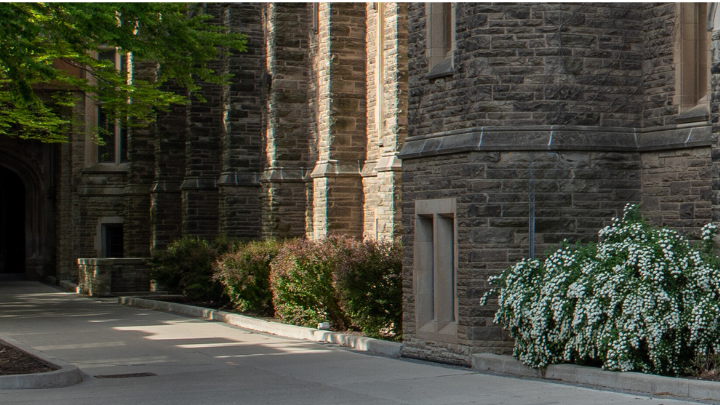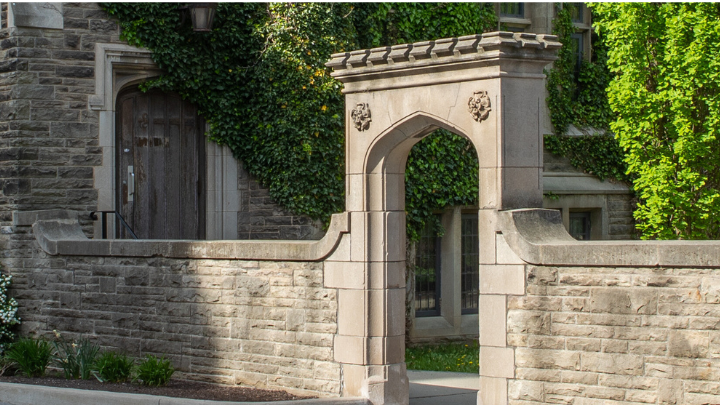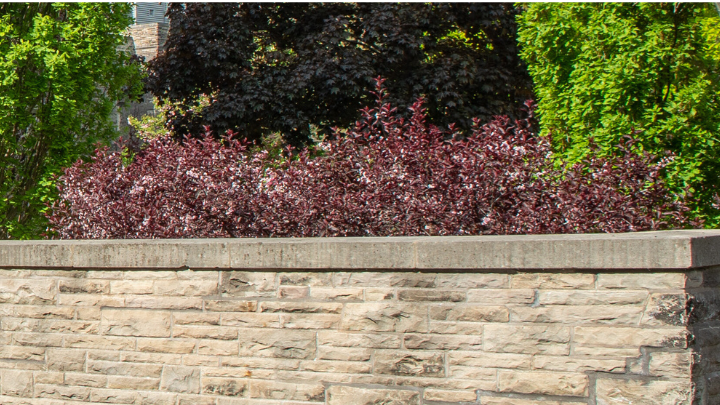MA Anthropology
Empower Your Career: Interdisciplinary Anthropology Studies at McMaster
The Master of Arts (MA) in Anthropology at McMaster University provides a comprehensive, interdisciplinary program that integrates Archaeology, Biological Anthropology, Sociocultural Anthropology, and the Anthropology of Health.
At McMaster, we understand that our mission is to prepare you for the future. Our Master of Arts (MA) in Anthropology is designed to ensure you graduate employable, broad-minded, critically engaged, and well-trained.
Our program equips students to navigate the complexities of human behavior and cultural diversity.
Over the course of one to two years, you will broaden your knowledge of anthropological theories and research methods, deepening your understanding of a specific area of interest. You can choose between a major research project (one-year option) or a scholarly thesis (two-year option) to complement your coursework.
Why Choose McMaster?
Career-Focused Education
We prioritize your employability. Our curriculum is tailored to equip you with the skills and knowledge needed in today’s job market.
Expert Faculty
Learn from experienced faculty members who are leaders in their fields, committed to mentoring students and fostering an environment of academic excellence.
Engaging Learning Environment
Join a vibrant community of scholars dedicated to exploring the rich tapestry of human experience.
Innovative Research Opportunities
Engage in cutting-edge research, collaborate on interdisciplinary projects, and gain hands-on fieldwork experience to enrich your understanding and impact in the field of anthropology.
Career Opportunities
Graduates of our program find meaningful work in a wide array of fields, including government, large corporations, NGOs, and education.
Many employers value the unique skills and expertise that Anthropology graduates possess:
- In-depth Knowledge: Understanding biological, ecological, cultural, and historical factors that influence human behavior.
- Cross-Cultural Competence: Theoretical approaches and practical methods for enhancing cross-cultural understanding.
- Cultural Awareness: Knowledge of various ethnic and cultural groups living in Canada and abroad.
- Research Skills: Proficiency in social research, qualitative interviewing, fieldwork, and quantitative methods.
- Analytical Writing: Experience in writing descriptive and analytical reports.
- Problem-Solving Abilities: The capacity to analyze the root causes of social problems and work towards solutions with diverse cultural and socio-economic backgrounds.
Information Box Group
Take the Next Step
Explore our supervisors page to learn more about the faculty members who will guide you through your academic journey.
If you have any questions, don’t hesitate to reach out to us.
Program Information
- Four graduate level courses (Thesis-based)
- Six graduate level courses (Course-based)
- Participation in the professionalization workshop in first year of program
- MA thesis (Thesis-based)
- Major Research Paper (Course-based)
Criteria of Admission
Admission Requirements for Master’s Degree
The University requires, as the major indicator of ability to complete a Master’s program successfully, the holding of an Honours bachelor’s degree with at least a B+ average (equivalent to a McMaster 8.5 GPA out of 12) in the most current 20 half credit courses in the discipline, or relating to the discipline, in which the applicant proposes to do graduate work.
Applicants are advised that admission is highly competitive, and that achieving this minimum scholastic criterion is normally not sufficient for an offer of admission. In evaluating applications, the department carefully scrutinizes the total application package, including letters of reference, a statement of interest, and a sample of recent work. Applicants must have clearly developed intellectual and research interests. MA applicants should have at least a tentatively defined thesis research project or subject area(s) for the major research paper (MRP) or comprehensive exams.
In some circumstances, exceptionally qualified students holding an Honours BA in Anthropology may be offered direct entry into the PhD program.
Important if English is not your native language:
Applicants are required to submit evidence of their proficiency in the English language as part of their application. The most common evidence is a score on one of the following exams:
- TOEFL: minimum score of 92 (internet based), 237 (computer based) or 580 (paper based)
- IELTS (Academic): minimum overall score of 6.5, with at least 5.5 in each section
- MELAB: minimum score of 90
Applicants who have completed an academic ESL program through Canadian academic institutions may petition to have this considered in lieu of TOEFL.
Funding
Students to whom we offer admission are automatically considered for financial assistance from funds available to the Anthropology Department – no special forms need be filled out. Funding is awarded on academic excellence and the availability of funds (amounts vary from year to year.) Funding is open to all domestic students. This fall sixty two percent (62%)of our returning MA & PhD students and incoming MA & PhD students have earned a major external scholarship. The total of these major external scholarships is just under $550,000
The Harry Lyman Hooker Senior Scholarship: These awards are given to Canadian Citizens or Permanent Residents who are entering the first year of a Master’s or Doctoral program at McMaster in those Humanities or Social Sciences disciplines or fields of study that receive funding from the Social Sciences and Humanities Research Council (or its successor).
All applicants should also review the McMaster Ontario Graduate Scholarship process.
Masters
- There is no guaranteed minimum level of funding for students in the Masters program, but students offered a place in the Thesis program are typically offered funding for two years.
- Applicants should apply for the SSHRC CGS masters if they meet the eligibility requirements. Deadline: Early December each year. Please choose McMaster as one of your three choices for University.
Travel Scholarships
- Department of Anthropology Fieldwork and Conference Funds. There are two rounds typically October and March. Funding for conference attendance is open to all full-time graduate students in the department. Fieldwork funding is open to all full-time students in the PhD program.
- The Schmid Family Travel Fund: Open to Masters or PhD enrolled full time at McMaster. The funds are to be used to support travel to present at conferences or undertake field research relevant to anthropology. Number available varies.
- The Edith M Wightman Travel Scholarships: The award is available to students registered in or, admitted to a McMaster graduate program in ancient history or, archaeology, to help support travel costs associated with thesis research or sponsored archaeological projects in Europe and the Mediterranean. Number available varies.
- SGS Grant in Aid for Research Travel and Field Work: The School of Graduate Studies Research Travel and Field Work Fund (SGS Grant) is designed to support highly meritorious students whose Ph.D. research and scholarly activity requires travel to, and extended stay at, locations more than 200 km from McMaster. The Fund is intended to support projects that are critical for completion of the PhD thesis and that normally would not be possible through other means.
Bursaries
There are some funds available for bursaries, awarded on the basis of financial need. Students should apply directly to Student Financial Aid.
GSA/SGS Bursary: Bursaries are set at a current value of $500. Applications may be submitted at any time. A maximum of 3 bursaries will be awarded each academic year. Please note that graduate students are only eligible to receive one GSA bursary per academic year.
Alternatively, students in health related research (social psychology) may want to apply to the Canadian Institute of Health Research Doctoral Research Awards.
All applicants should also review the McMaster Ontario Graduate Scholarship process.
Resources
Quick Links

Graduate Supervisors Learn More
Find a graduate supervisor in your area of interest.

Research in Anthropology Learn More
Learn more about our recent and ongoing research projects.

Graduate Courses Learn More
View our graduate courses and course descriptions.
Graduate Fields of Study
Departmental faculty and graduate students fit into one or more research programs (sub-fields).
Research Clusters
While the department covers four main Research Programs (sub-fields) in Anthropology, we also integrate our Research Programs in the below six key areas of expertise and investigation.
Office Location
Department of Anthropology
Chester New Hall, 524
1280 Main Street West
Hamilton, Ontario, Canada
L8S 4M4











